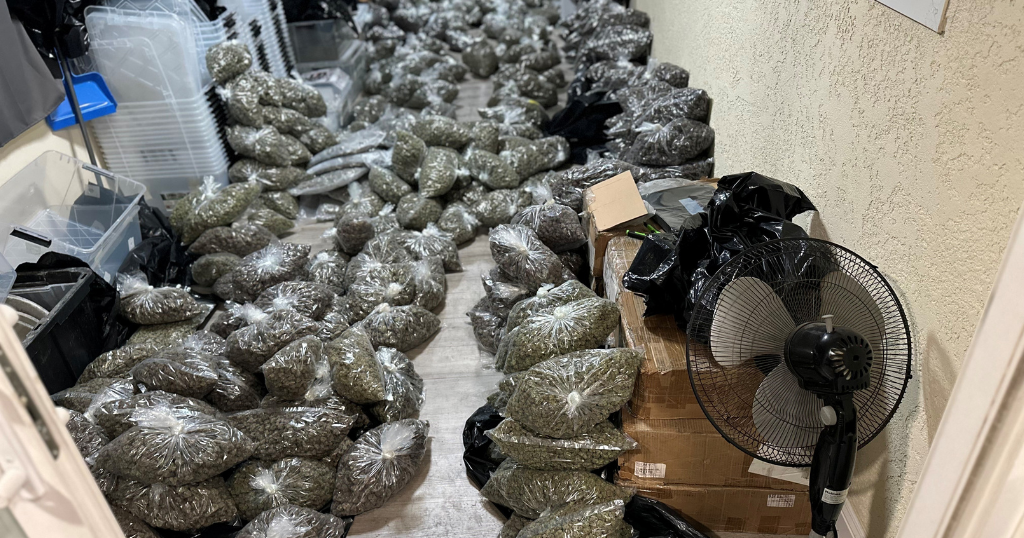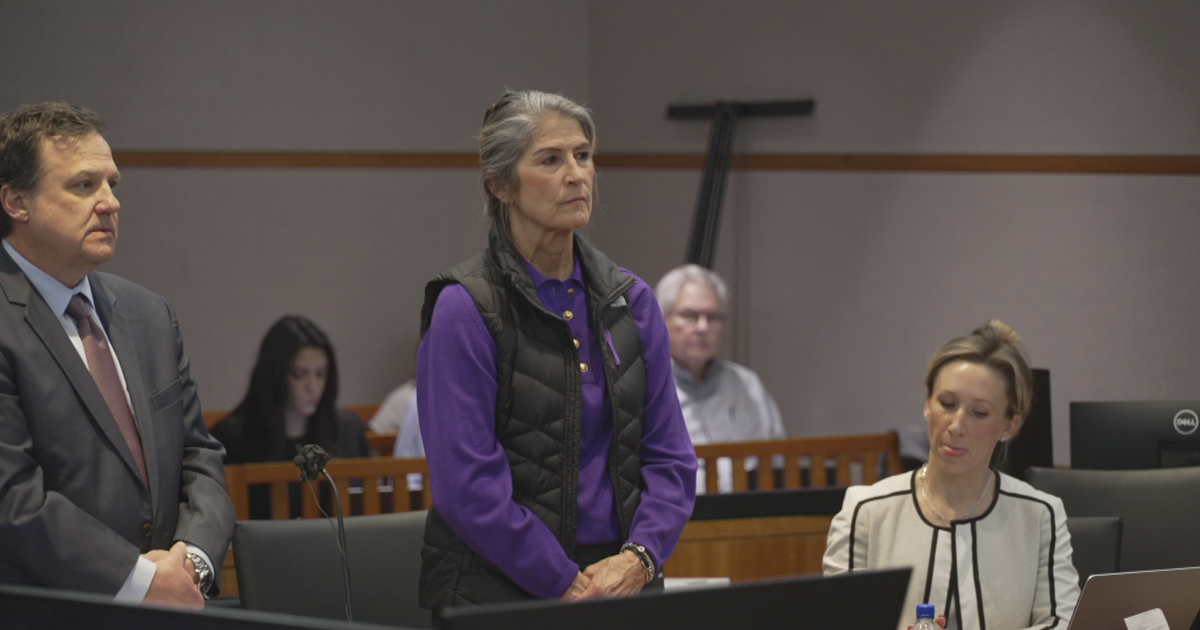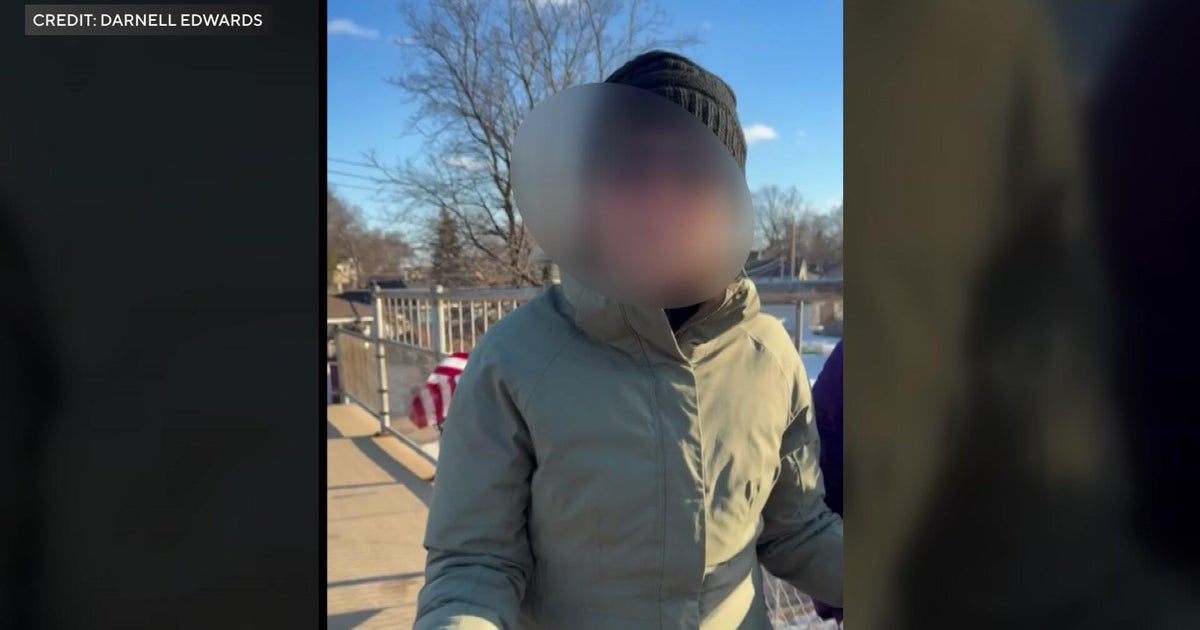An Argument For, An Argument Against Mass. Ballot Question Three
BOSTON (CBS) - Question 3 on the Massachusetts ballot would legalize medical marijuana.
Related: Question 1 Arguments
Related: Question 2 Arguments
Here are arguments on either side:
John Sheft is an attorney with the Belloti Law Group in Cambridge. He represented the Massachusetts Prevention Alliance before the state's high court, and opposes the measure.
Listen to Sheft on WBZ NewsRadio 1030
Podcast
"You say to someone, 'what do you think about Question Three?' They say 'well I think really sick people should get medical marijuana.' We actually agree with that but you have to look deeper. Because the way it's going to be done in this state is incredibly reckless. It will totally open up a Pandora's box. People will says to me, 'well how do you know what's going to happen?'
Look at California and Colorado. One in 36 people in Colorado has a medical marijuana card. Their youth addiction rate is soaring. Seventy-four percent of kids from Colorado in treatment for addiction will say, 'the way I got started, where I got my steady supply was medical marijuana.' It's going to be a nightmare in this state.
The amazing thing about the law that's being proposed for Question Three; there's no minimum age, and any physician can give you medical marijuana for the rest of your life. The doctor doesn't even have to be in Massachusetts. So if I'm a 16-year-old kid and I want medical marijuana and I can't get it from a doctor in Massachusetts, I can go on the internet. I can get a doctor from California to give me written permission."
Matt Allen is director of the Committee for Compassionate Medicine. He's in favor of the measure, saying marijuana can help people suffering from a range of medical problems.
Listen to Allen on WBZ NewsRadio 1030
Podcast
"I've had hundreds of patients around the state suffering from conditions like multiple sclerosis, going through cancer, and undergoing chemotherapy and having extreme nausea, debilitating pain from paralysis or brain surgery. And these patients are not responding to available prescription medications, or they find the side-effects of those medications prohibitive.
Now, it's been clinically proven that marijuana can help address many of these symptoms. This reform is absolutely about suffering patients and allowing them access with a doctor's recommendation. And what we've done is we've looked at the best practices and lessons learned from the 17 other medical marijuana states, and we understand that in order to balance access to patients with the kind of measures necessary to prevent abuse of the system, we have to have high levels of state regulation. So we've included many of those regulations that you don't see in other states.
One of those regulations is strictly limiting the amount of treatment centers that will be allowed to open to no more than 35, and having them licensed by the state. You don't see those limits in Colorado and California."







